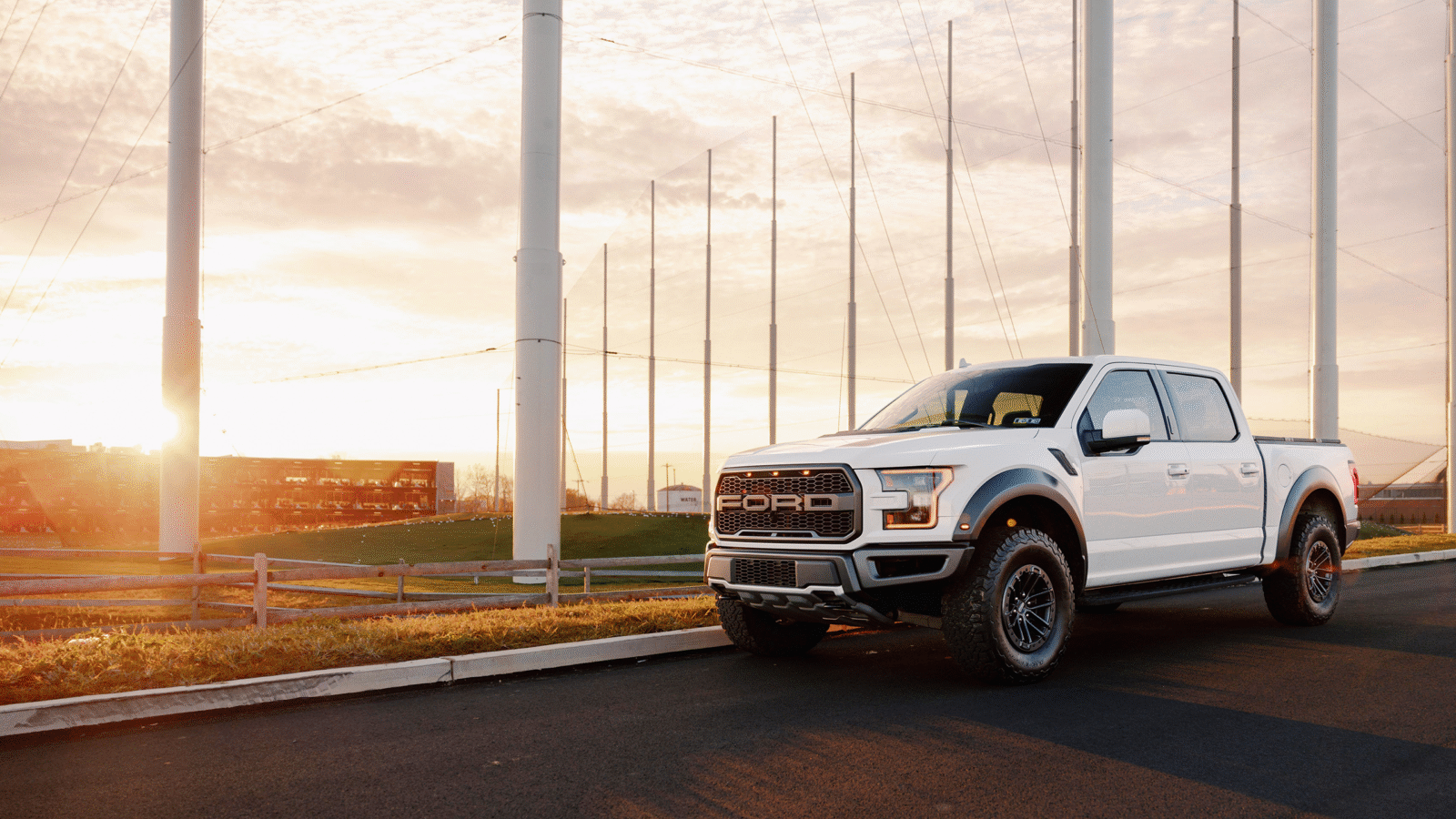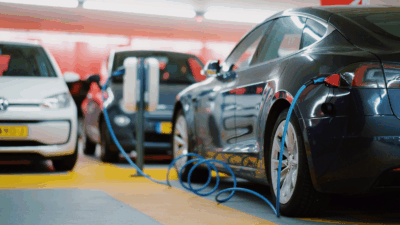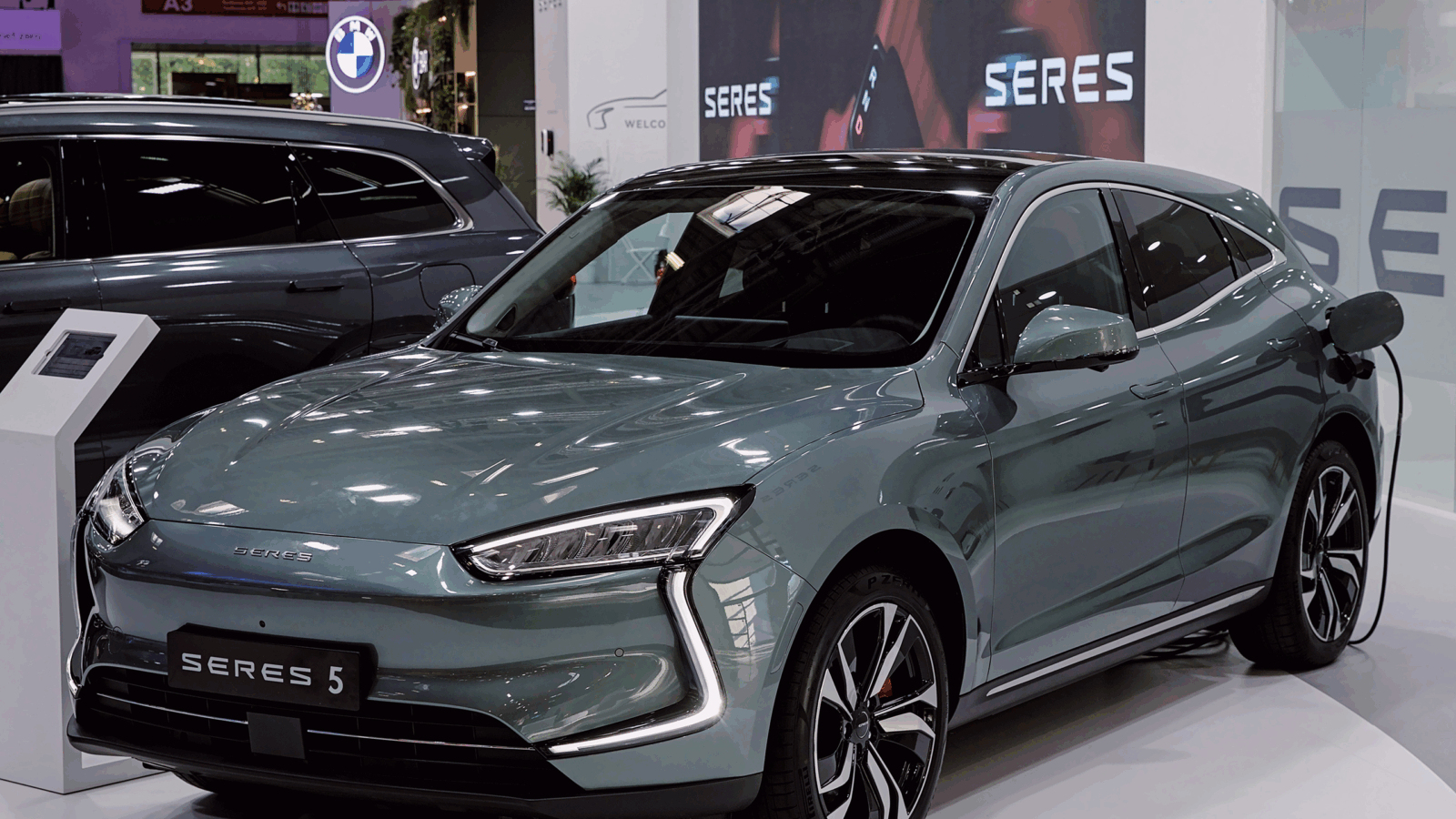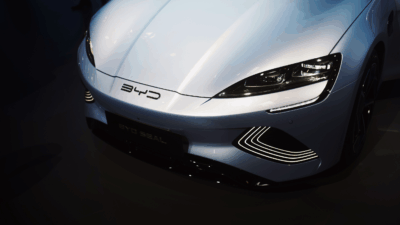Ford Spends $3 Billion to Ramp Up Truck Production, Volvo Reports Electric Results
Ford will spend $3 billion to expand production of its popular combustion engine large trucks; Volvo reported a record core operating profit.
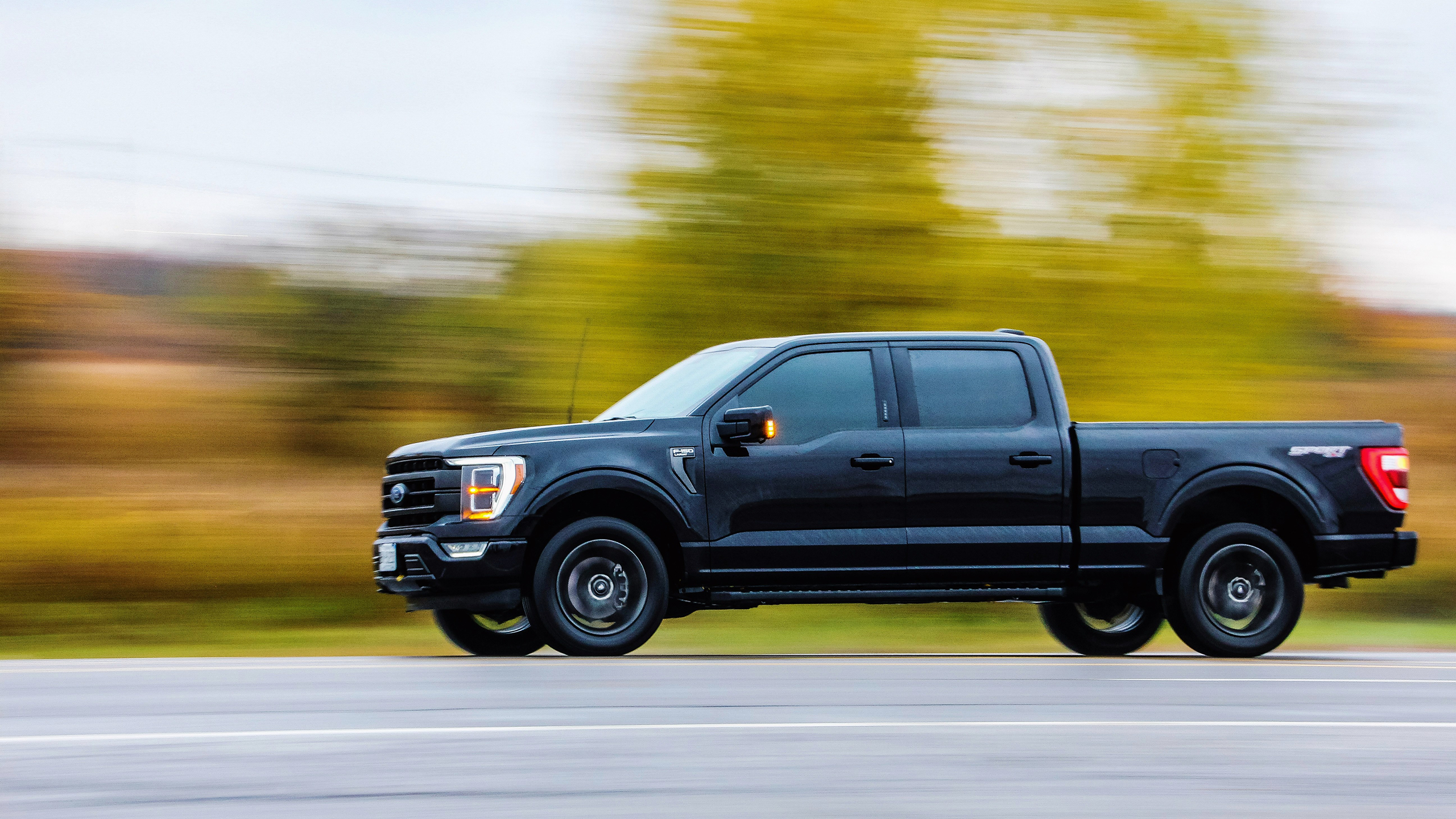
Sign up for smart news, insights, and analysis on the biggest financial stories of the day.
One’s Built Ford Tough, the other’s a Volvo. And they’re both selling like hotcakes.
On Thursday, the US automaker said it will spend $3 billion to expand production of its popular combustion engine large trucks at a plant originally intended to be an all-electric vehicle hub. Volvo Cars, meanwhile, reported a record core operating profit thanks to rising sales of hybrid and electric cars (EVs). It’s like they say: You are what your brand says you are. America is as divided in cars as it is in politics, but at least both sides are thriving for now.
Reporting for Super Duty
Ford can’t make enough of its Super Duty trucks — a line of heavy-duty pickups that outsize the consumer-oriented F-150 and bring in big profits — at its Ohio and Kentucky plants. Hence the move to add the capacity to make 100,000 more per year at a suburban Toronto facility, at the expense of planned EV production. Ford CEO Jim Farley has bragged that the Super Duty line, which had 26,000 to 27,000 units produced per month from January to November in 2022, makes more revenue than some Fortune 500 companies, claiming its 2021 sales beat Southwest Airlines’ $15 billion. (Ford made $176 billion last year; Super Duty sales are not reported out in their own category.)
Sweden’s Volvo Cars, known for reliability and safety, are going for a different vibe than the muscle truck-making counterpart, but they’re side by side in the fast lane. The company reported a 28% year-over-year increase in core operating profit, for a record $776 million, as its global retail sales jumped 15% on the strength of its burgeoning electric vehicle business. Electric and hybrid models accounted for 48% of sales. Both companies, however, face their own unique electric dilemma:
- Farley recently said electric Super Duty trucks are “never going to make money,” unlike the F-150, which already has a battery electric model. The company remains focused on a promised $30,000 all-electric vehicle, though where it will be produced is up in the air.
- Volvo Cars is majority-owned by China’s Zhejiang Geely Holding, and warned that, if the European Union enacts proposed tariffs on Chinese EVs, sales of its China-made EX30 SUV could suffer. With the looming threat of sanctions, the company cut its 2024 retail sales growth target to 12% from at least 15%.
Chief Influencer: When Ford does reveal its $30,000 EV, no doubt Farley will have another totally chance encounter with a leading car-focused TikTok influencer to show it off.
